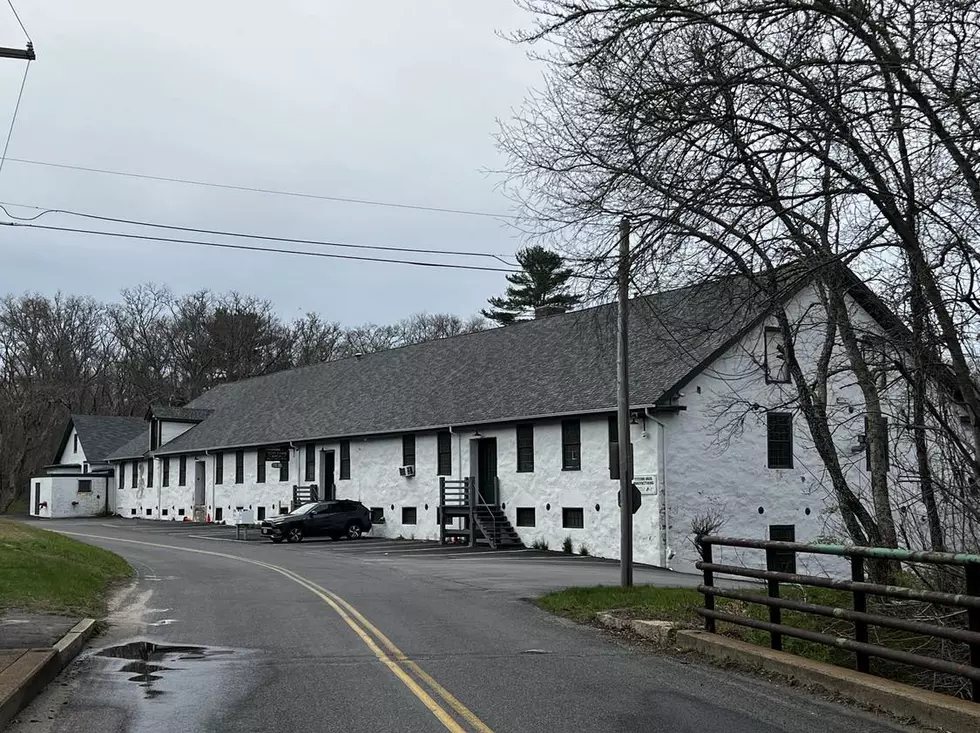
State Auditor Finds Oversights In Farmland Preservation Program
WESTPORT — Following a recent audit conducted on the agricultural industry in Massachusetts, State Auditor Suzanne M. Bump is calling on the Department of Agricultural Resources (MDAR) to increase its monitoring of farmland in the Agricultural Preservation Restriction (APR) Program, as well as it’s transparency in decision-making.
Bump joined State Senator Michael Rodrigues and Representative Paul Schmid, both of Westport, at the Westport River Vineyard to learn about the owners’ experiences with the APR Program.
“We saw that their (MDAR) decision making wasn’t always clear, their policies weren’t spelled out in advance, and they were exercising powers that they had questionable authority to exercise,” Bump explained. “I know that this is a matter that’s been of local concern down here, and I think when you do an audit like this, from an objective point of view, it lends a good deal of more credence to what some of the legislators, particularly urban legislators, might view as parochial interests.”
The APR Program was established in 1977 by state lawmakers as a primary component of the farmland protection efforts by Beacon Hill. Under the program, which is voluntary for farmers to join, the state pays the difference of the actual market value of farmland and the agricultural value in exchange for a commitment by the landowner to keep the primary use of the land agriculturally focused. The agreement further states that any farmland in the program is mandated to receive approval from the MDAR for any future construction or excavation, and also details a specific process landowners must follow if they decide to sell the land.
Bump visited over 60 Massachusetts farms while conducting the audit and found that while many were satisfied with the program, there were several complaints regarding its transparency. The audit found that a number of participants were unsure of the criteria used by leadership of the program when making decisions surrounding the sale and approved uses of APR land, did not understand the requirements of the program, and were not sufficiently monitored.
“This is an industry that’s of critical importance to the state, not just from an economic point of view but also an environmental point of view, a food supply point of view, and it’s an industry that the state really should be supporting, for all kinds of good reasons,” said Bump. “I hope that this will help the program re-boot and become even stronger.”
Senator Rodrigues says his office has introduced legislation up on Beacon Hill that will aim to reform the 40-year-old APR Program. Rodrigues says he’s worked with State Auditor Bump and his colleagues in the House and Senate to “address the most glaring deficiencies in the act, primarily around the issue of the right of first refusal.”
“My office has been hearing for some time the issues with the APR Program,” Rodrigues said. “We certainly recognize how important it is and how valuable it is to preserving farms in Massachusetts, but we just celebrated the 40th anniversary of APR. Agriculture has changed a lot over the last 40 years, and the APR Program has not changed.”
The audit also found that the state lost more than $3 million in federal funding for the program due to slow application processing by MDAR. According to the audit, the slow processing led to the state missing opportunities to have 50-percent of the purchase cost of APR farmland be covered by the federal government.
Bump has called on MDAR to take several steps to ensure the program works better. MDAR is being asked to conduct annual monitoring of APR land, expand its education and training opportunities for the program, provide guidelines on how certain program decisions are made, allow farmers greater flexibility in appealing and withdrawing from decisions, and to work with the U.S. Department of Agriculture’s National Resource Conservation Service to ensure the state receives federal funding to assist in the purchase of farmland.
More From WBSM-AM/AM 1420









